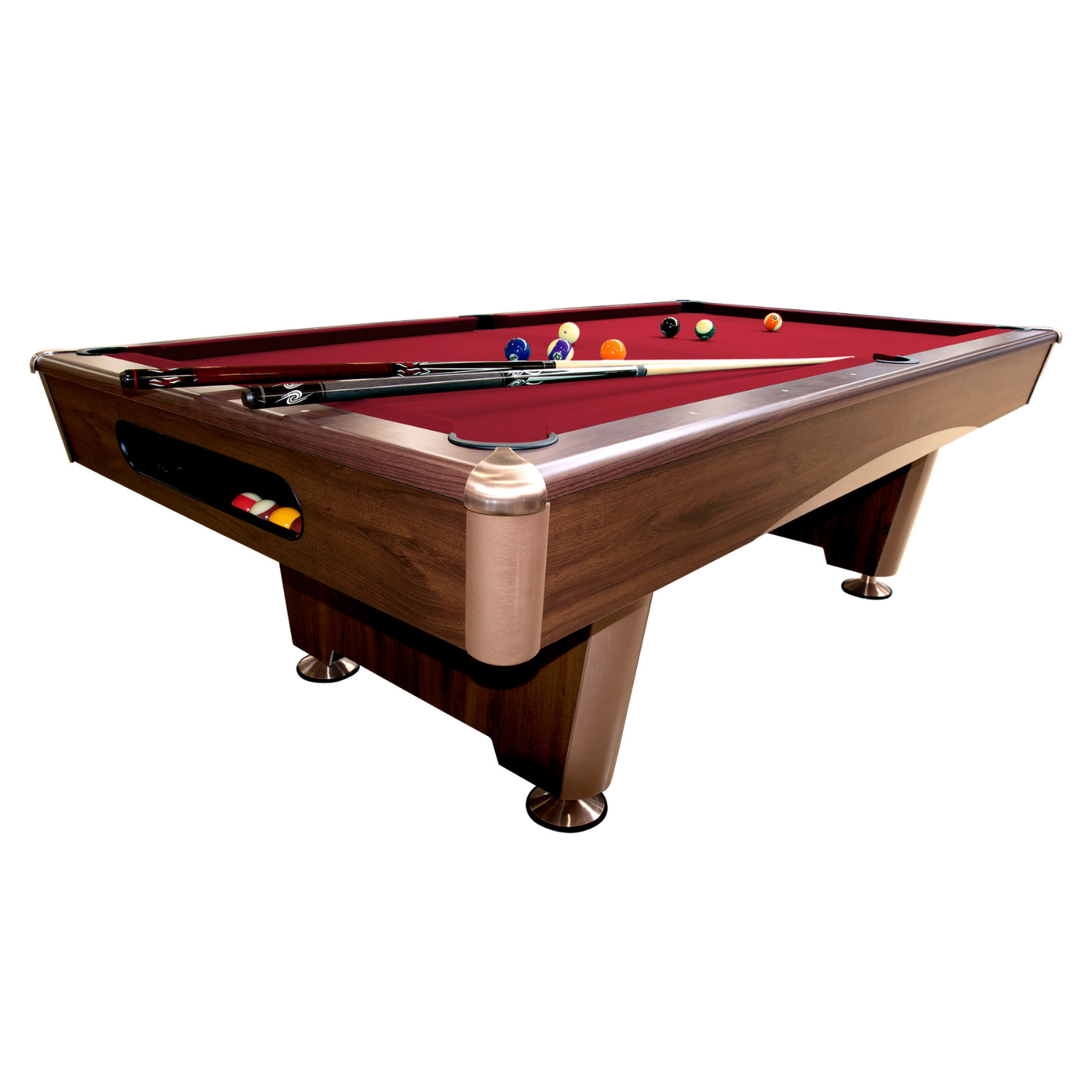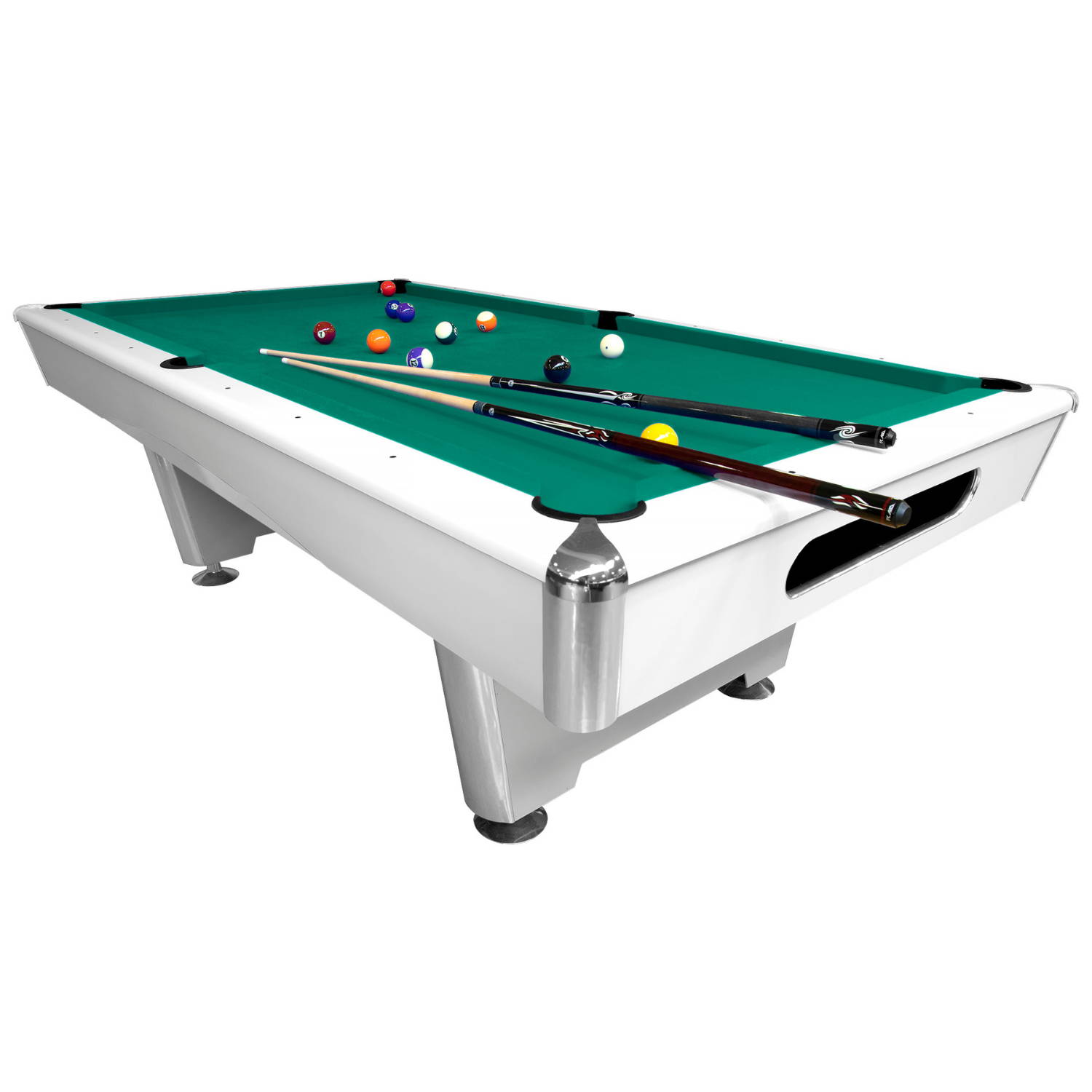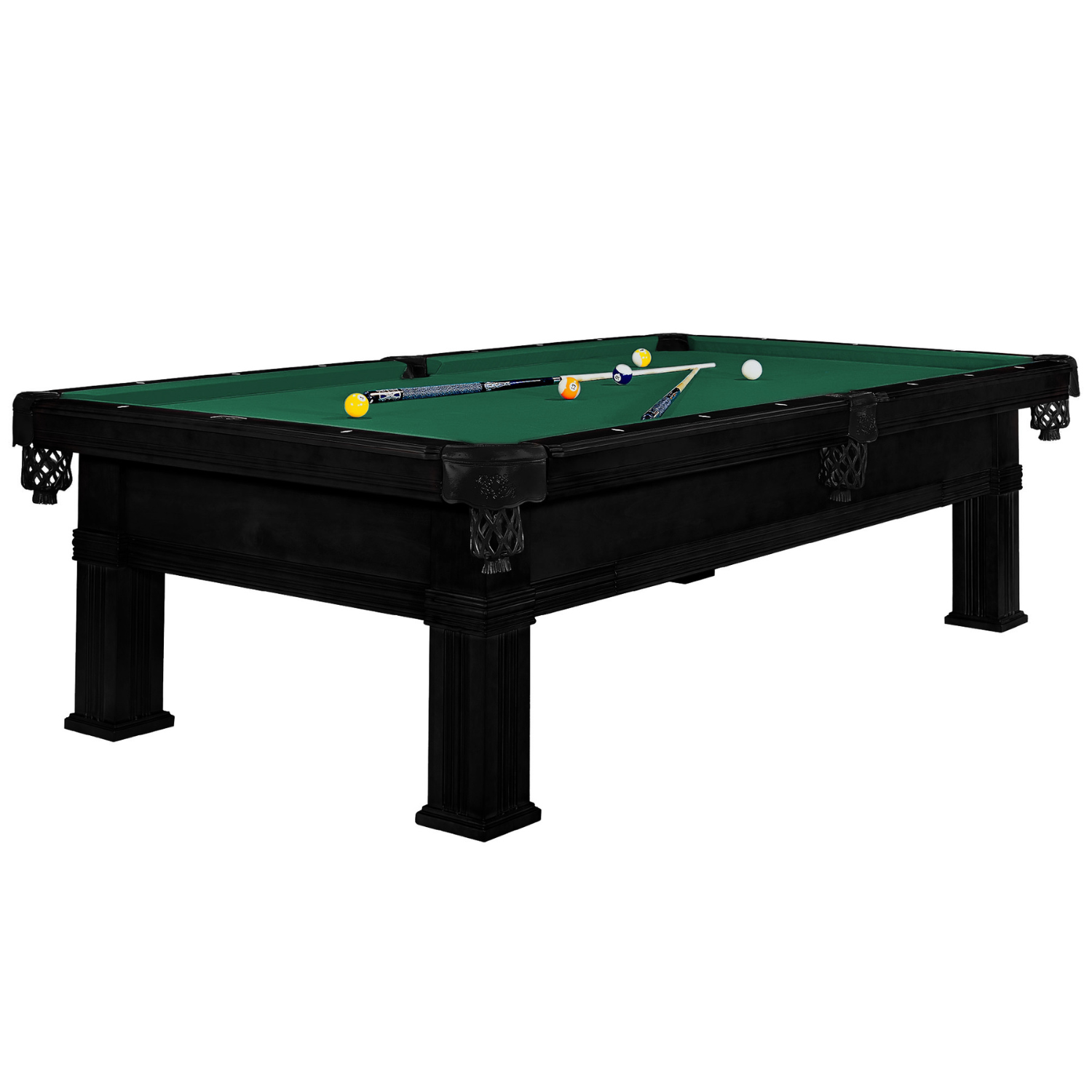From Billiards to Pool: Tracing the Evolution of Cue Sports
Billiards, a term synonymous with class, strategy, and skill, traces its roots back to ancient civilizations. Over the centuries, it has metamorphosed, yielding variants like the modern-day pool. As we cue up to revisit this journey, it becomes evident that the evolution of cue sports is not just about a game, but a reflection of socio-cultural shifts, technological advancements, and changing global tastes.

1. Ancient Beginnings: The Precursors
The genesis of billiards is believed to be in ancient civilizations. Both the Greeks and Egyptians had games that involved pushing balls with sticks. However, these were rudimentary and bore only a faint resemblance to modern cue sports. The real evolution began in Northern Europe.
2. The Outdoor Roots: Jeu de Billard
In 15th century France, a game called 'jeu de billard' gained popularity. Played outdoors, it resembled croquet. Players used a mace, a curved-tip stick, to strike balls through wire hoops on a course. The game's transition indoors led to the development of the billiard table.
3. The Renaissance Influence
The game quickly caught the fancy of European nobility. It was a favorite pastime of Mary, Queen of Scots, and Louis XIV. By the 1600s, billiards was popular in Britain, with Shakespeare referencing it in "Anthony and Cleopatra."
4. Evolution of Equipment
The mace, cumbersome when shooting close to the rails, gave way to the cue. The term "cue" is derived from the French word 'queue', meaning tail, as players started using the tail end of the mace. Balls, initially made of wood and then clay, were replaced by ivory ones. However, with the decline in elephant populations, celluloid and then phenolic resin balls became the standard.
5. Birth of Pool: A New Variant
Billiards, primarily a game of two balls and a cue ball, evolved into various forms like carom billiards, three-cushion billiards, and straight rail. However, the 19th century saw the emergence of a new variant in America: pocket billiards, now commonly known as pool. Pool tables had pockets, and the game involved potting balls into them, leading to diverse games like eight-ball, nine-ball, and snooker.
6. The Competitive Spirit: Tournaments and Champions
The late 19th and early 20th century saw cue sports becoming professional. The first official billiards championship took place in 1870, and the World Professional Billiards Championship was instituted in 1927. Snooker, a game derived from pool, had its inaugural World Championship in 1927.
7. Socio-Cultural Impacts
From exclusive gentlemen's clubs in London to public pool halls in New York, billiards and pool played a pivotal role in social dynamics. While Europe viewed it as a noble sport, in America, pool halls became melting pots of culture, especially during the Great Depression. It was both a recreational outlet and a means of livelihood for many.
8. Technological Advancements and Cue Sports
The 20th century introduced televised broadcasts, making players like Steve Davis and Ronnie O'Sullivan household names. Advanced tablecloth materials, precision-engineered cues, and even computer simulations to train players became integral to the sport.

9. Modern-Day Resurgence
The 21st century has witnessed a resurgence in pool's popularity. Online platforms, mobile games, and virtual reality have introduced cue sports to a new generation. The inclusion of billiards in multi-sport events and the potential inclusion in the Olympics further attests to its enduring appeal.
10. Cultural Icons and Cue Sports
From Mark Twain to Malcolm X, several historical figures were known to indulge in billiards or pool. The game became more than just a pastime; it was a backdrop for intellectual discussions, business deals, and even political strategizing.
11. Hollywood's Affair with Pool
Movies like "The Hustler" (1961) and its sequel "The Color of Money" (1986) brought the pool to the big screen, showcasing its drama and intensity. These films, along with others like "Poolhall Junkies" (2002), underscored pool's intricate relationship with society, touching upon issues like ambition, ethics, and redemption.
12. Pool Halls: A Social Commentary
During the 20th century, American pool halls became synonymous with youth, rebellion, and, sometimes, decadence. They were places of camaraderie, where tales of love, loss, and ambition unfolded against the rhythmic clinks of balls. These venues became stages where socio-economic dynamics played out, with rich, poor, young, and old finding common ground.
13. Women in Cue Sports
Historically, billiards and pool were male-dominated. However, the 20th century saw the rise of female champions like Jean Balukas and Allison Fisher. Their prowess challenged stereotypes, proving that the game's appeal and challenge transcended gender.
14. Globalization of the Game
While the UK and the US were early epicenters, cue sports soon gained a global fanbase. Countries like China, with champions like Ding Junhui, and Thailand, with legends like James Wattana, brought fresh enthusiasm and distinct styles to the game.
15. Technological Confluence
Today, AI-driven robots can mimic human-like pool shots, while virtual reality offers immersive billiard experiences. These tech integrations, while modernizing the game, also serve as tools for players to refine their skills.
16. Artistic Representations
The elegance of cue sports has been captured in paintings, literature, and music over the years. From Vincent van Gogh's "Night Café," where a billiard table is the room's centerpiece, to music tracks referencing the game, the world of billiards and pool has often been romanticized.
17. Economic Impact and Industry Growth
The cue sports industry, comprising table manufacturers, cue craftsmen, ball makers, and even specialized apparel, has grown steadily. With global tournaments offering hefty prize purses and brands endorsing top players, the sport is commercially significant.
18. The Psychology of the Game
Billiards and pool, often termed "physical chess," require not just skill but also acute mental agility. The game's psychology involves strategizing several shots in advance, reading the opponent's moves, and managing stress and excitement under pressure.

Conclusion
The journey from billiards to pool is a testament to the game's adaptability and timeless allure. From the courts of French kings to the digital screens of the 21st century, cue sports have consistently evolved, reflecting the eras they've traversed. As we line up our next shot, it's not just about potting the ball but appreciating the rich tapestry of history, skill, and innovation that the game embodies. In every strike, spin, and pot, we celebrate centuries of tradition and the promise of an exciting future.
Are you looking for a Pool Table? check out our pool tables range Pool Tables





